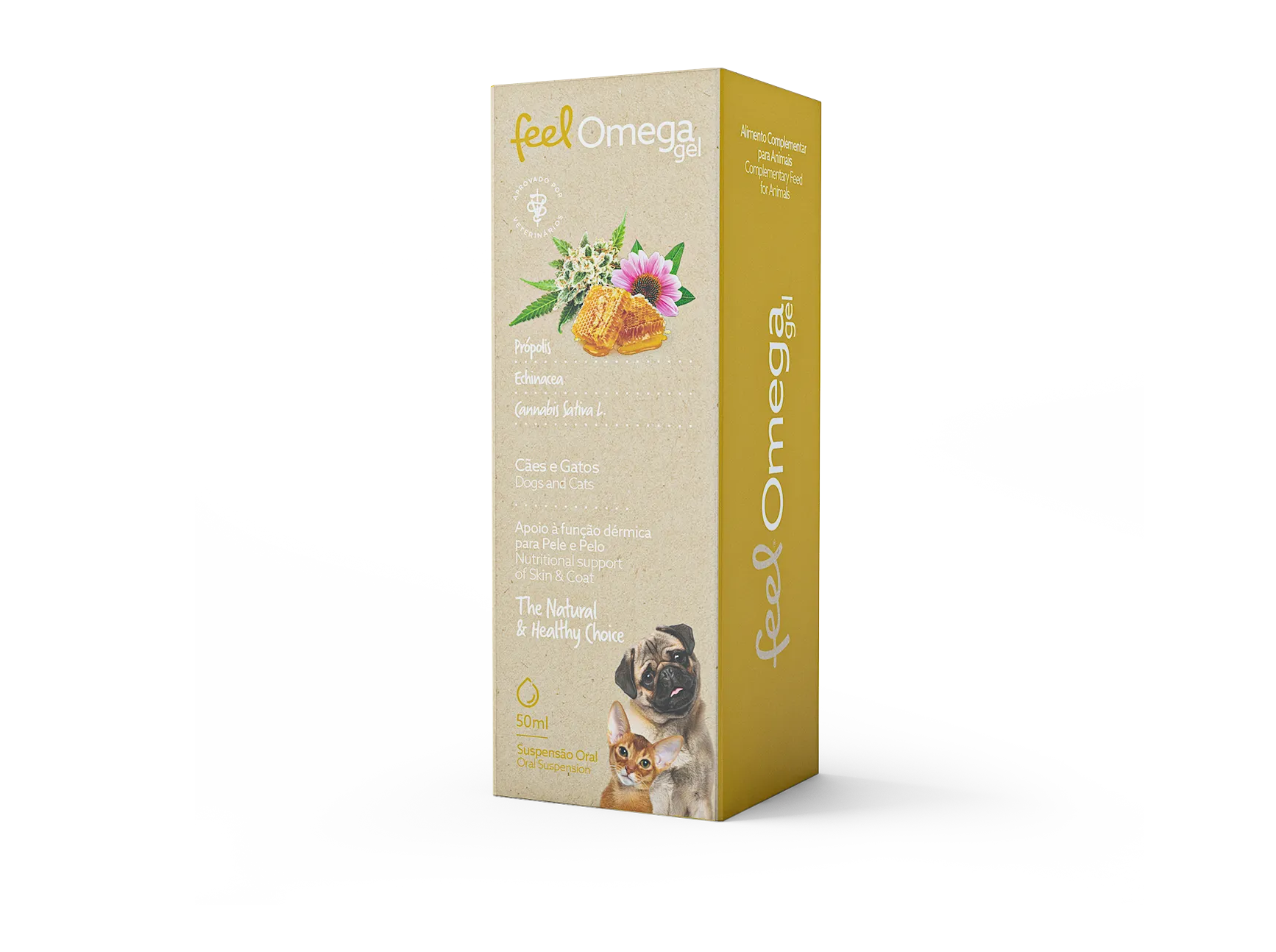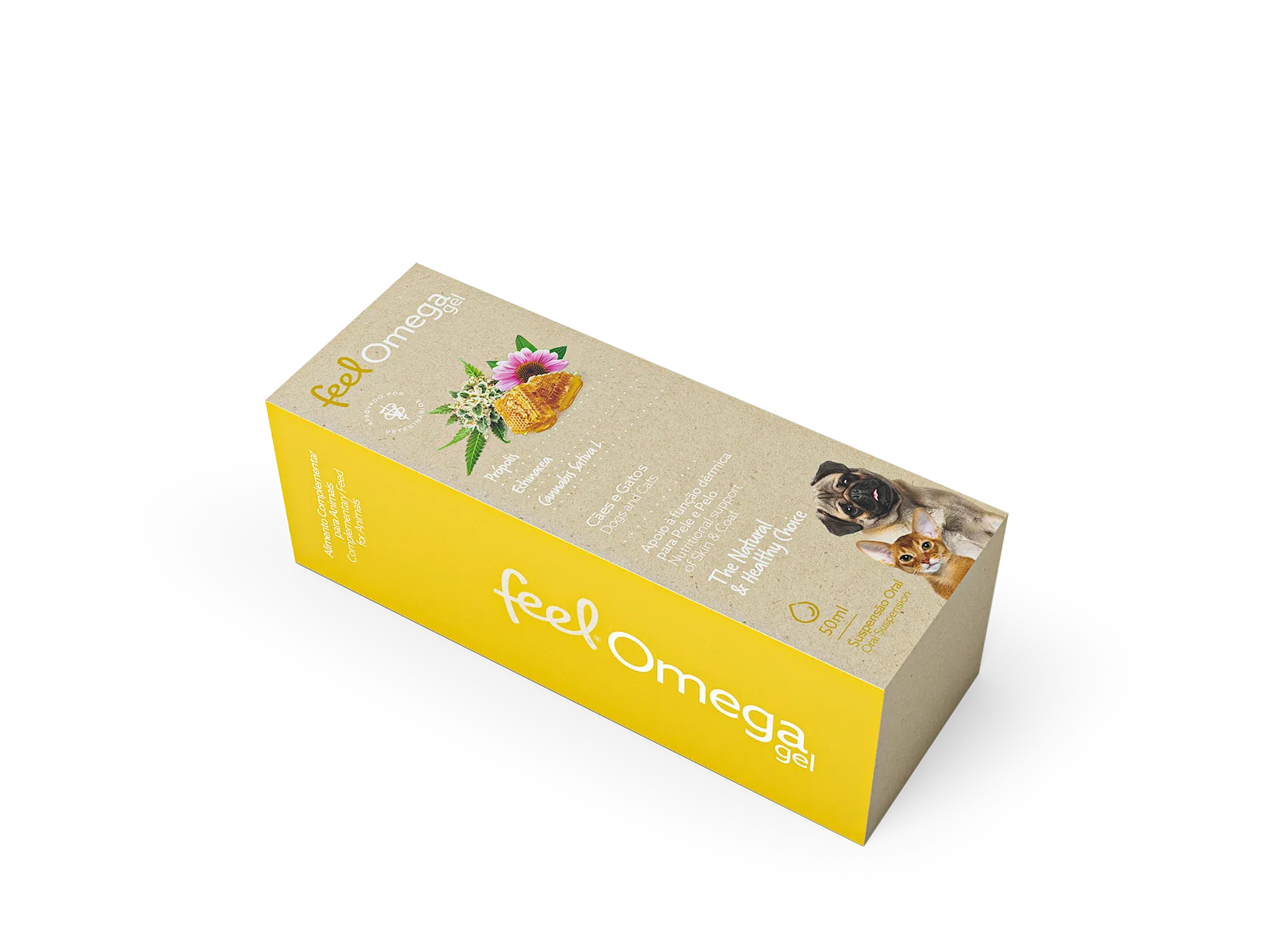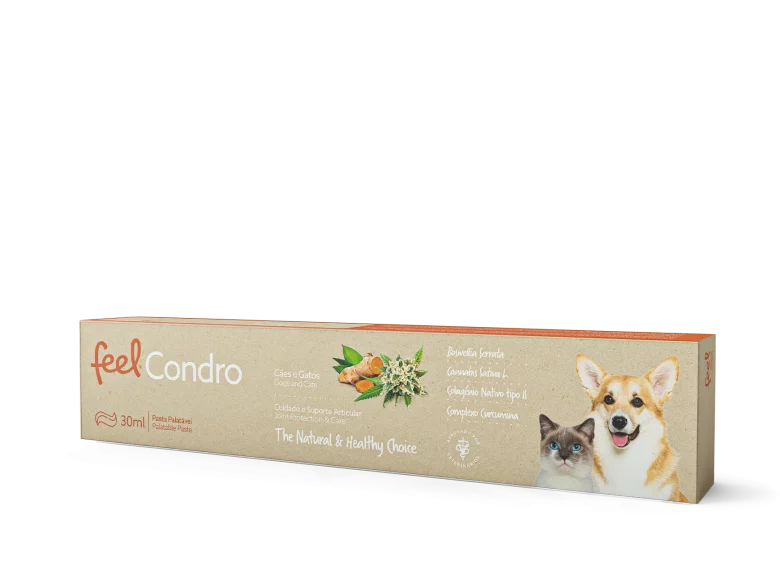
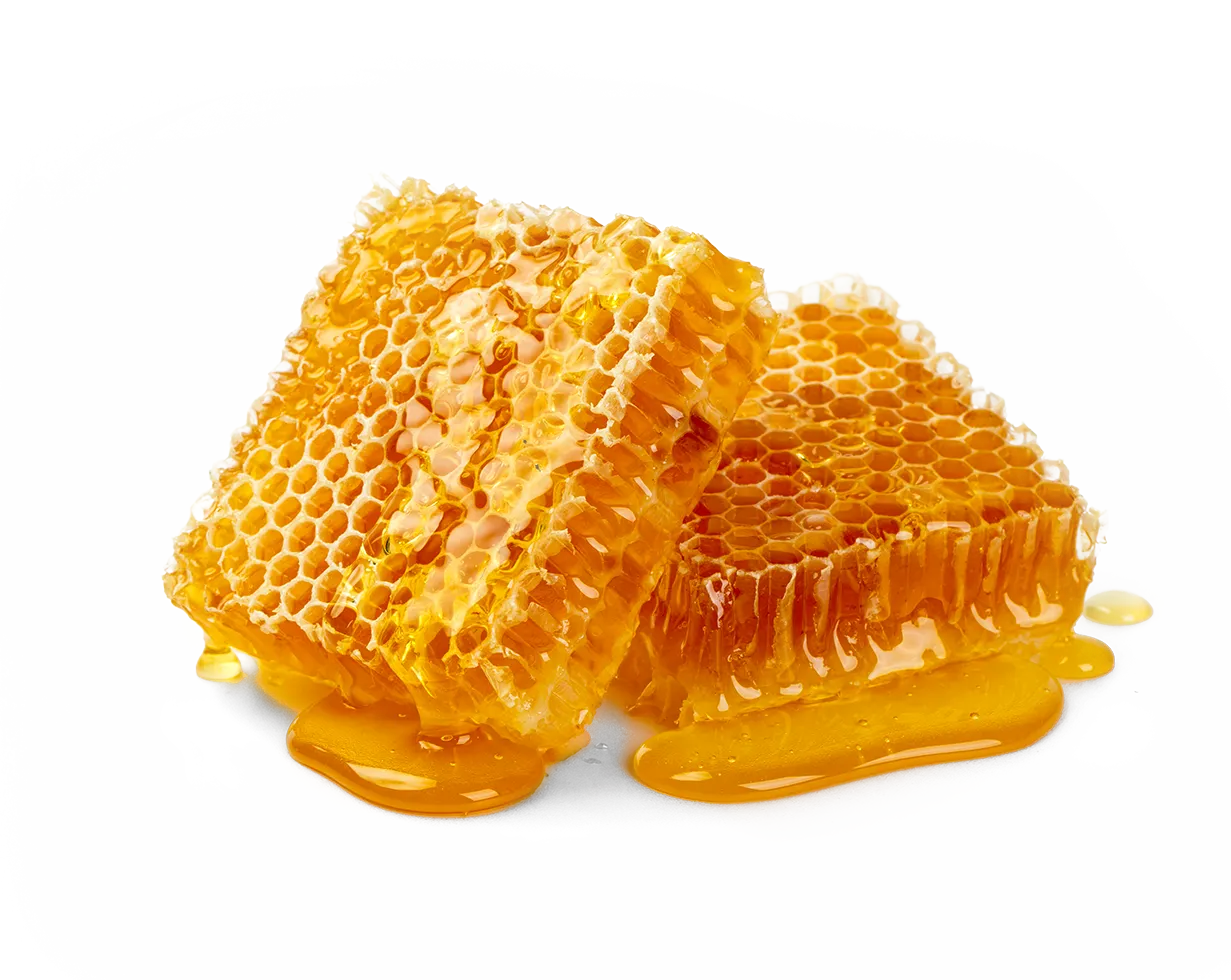
Propolis
Propolis has anti-inflammatory, antioxidant, and antimicrobial properties, providing support for wound healing and tissue regeneration.
Its bioactive compounds such as flavonoids, phenolic acids and their esters, terpenoids, steroids, and amino acids are responsible for the anti-inflammatory activity of propolis, inhibiting cyclooxygenase (COX) and consequently inhibiting the biosynthesis of prostaglandins, which contributes to a reduction in the inflammatory cytokines concentration.
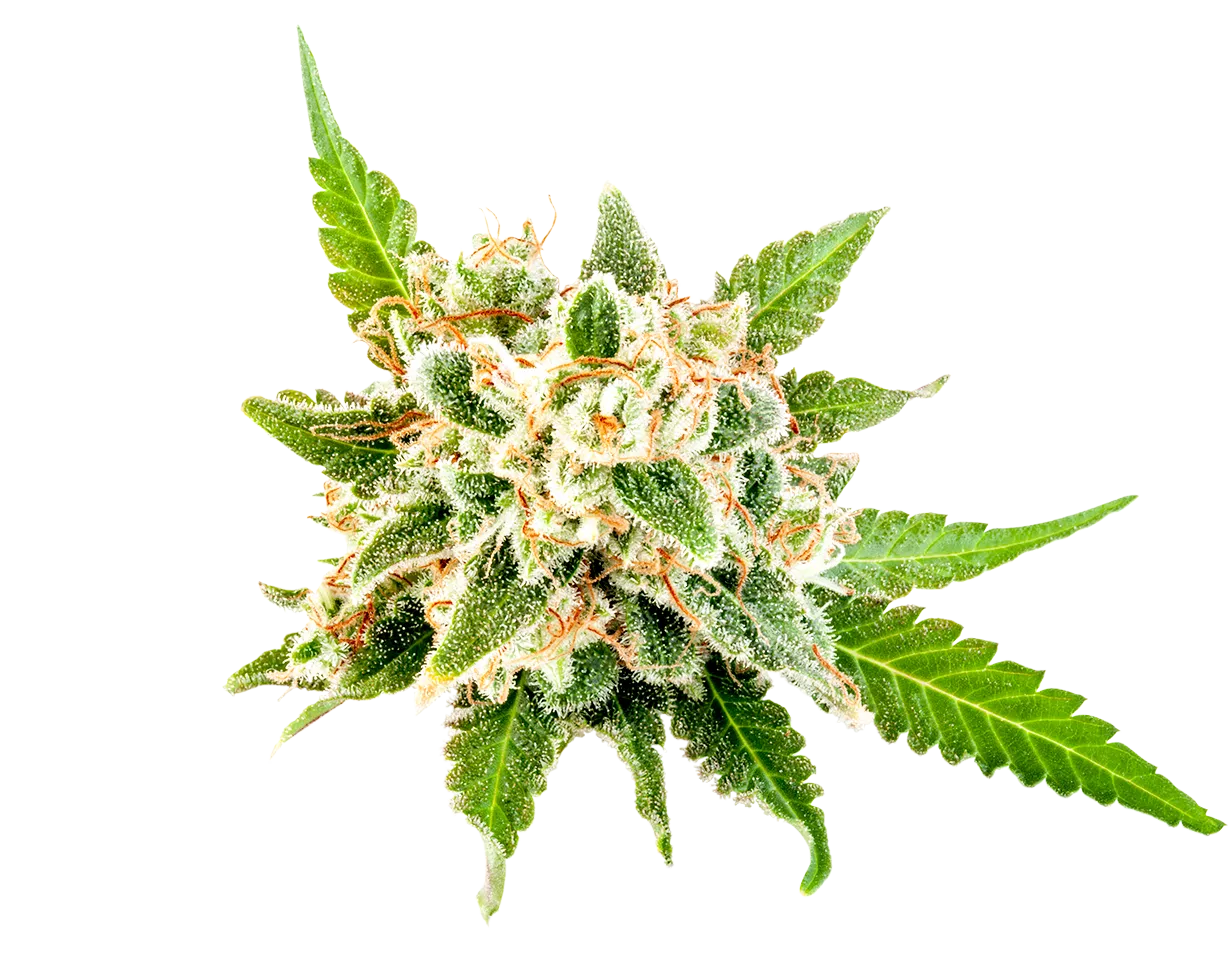
Cannabis Sativa L.
Cannabis Sativa L. is highly tolerated by animals, with a good safety profile and no reported clinical toxicity in the scientific literature.
Hemp seed oil is a rich source of polyunsaturated fatty acids, also known as essential fatty acids. They’re called this way because the body cannot synthesize them, so their supply is exclusively guaranteed through diet.
These bioactive compounds are known for their beneficial effects on the cardiovascular system and inflammation management.

Echinacea Purpurea
Echinacea purpurea is a perennial plant belonging to the Asteraceae family, originally native to North America. It has anti-inflammatory, antimicrobial, antioxidant, and immune-stimulating properties, with the main mechanism responsible for this action being the stimulation of phagocytosis.
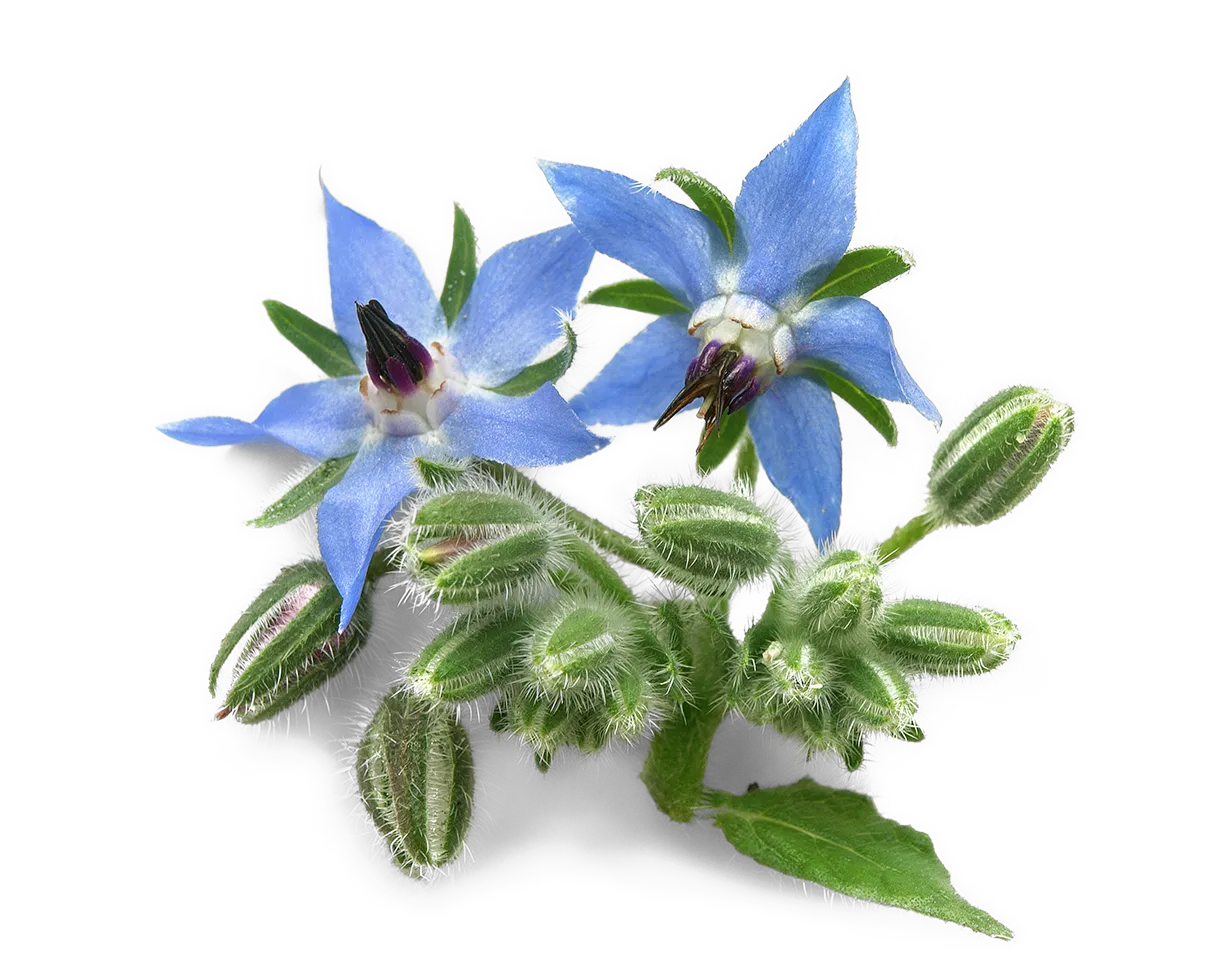
Borago Officinalis (GLA and LA)
The Borago officinalis from the Boraginaceae family, is native to Europe and North Africa. Its oil contains high levels of essential fatty acids, as well as linoleic acid (LA) and gamma-linolenic acid (GLA),which are important for the structure and function of the skin.
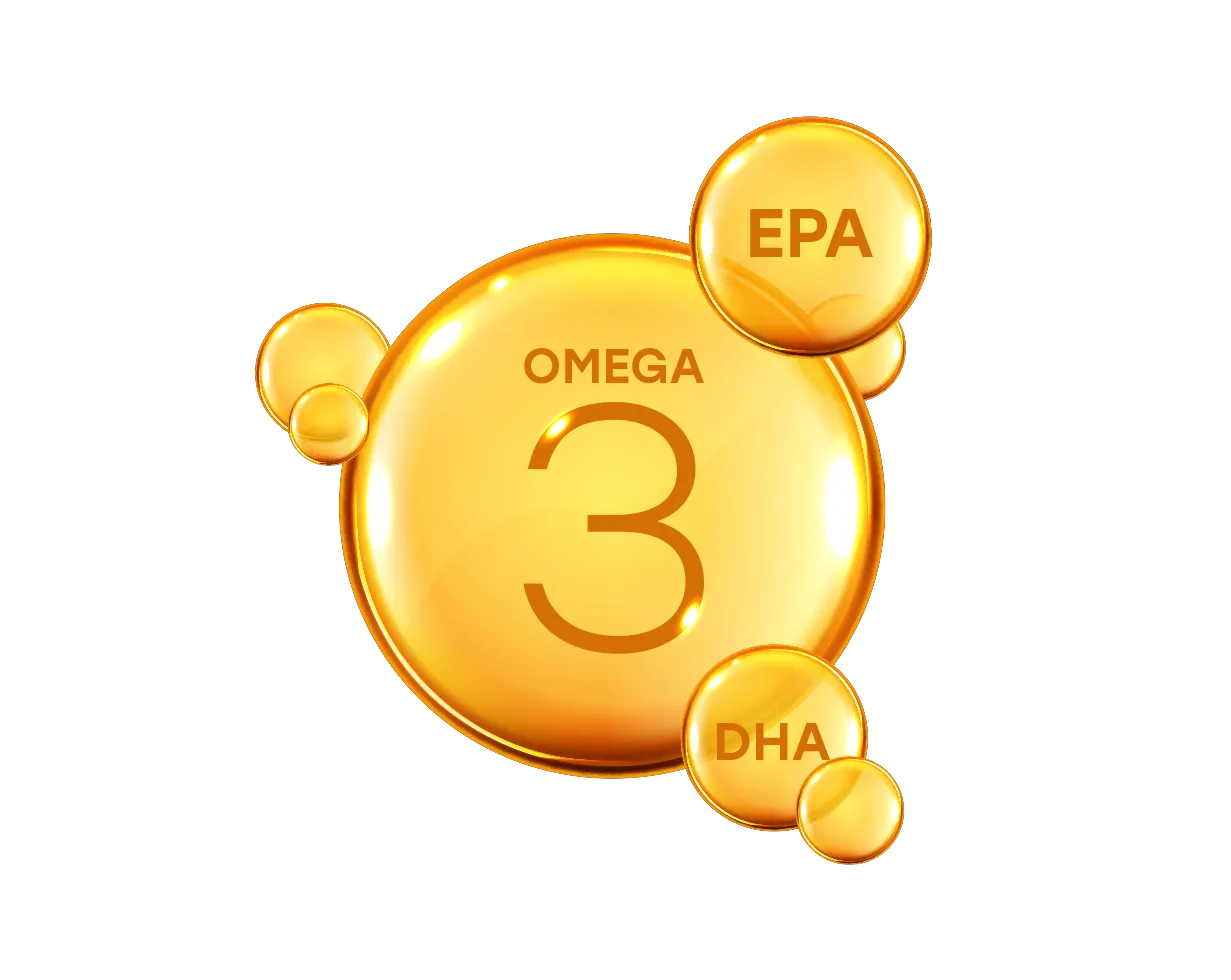
Fish oil ( EPA and DHA)
Fish Oils contain high levels of long-chain polyunsaturated omega-3 fatty acids, including eicosapentaenoic acid (EPA) and docosahexaenoic acid (DHA). They are not synthesized in animals and are therefore considered essential fatty acids. EPA and DHA are an integral component of cell membrane phospholipids, with specific functional, metabolic, signaling, and regulatory functions in the inflammatory response.
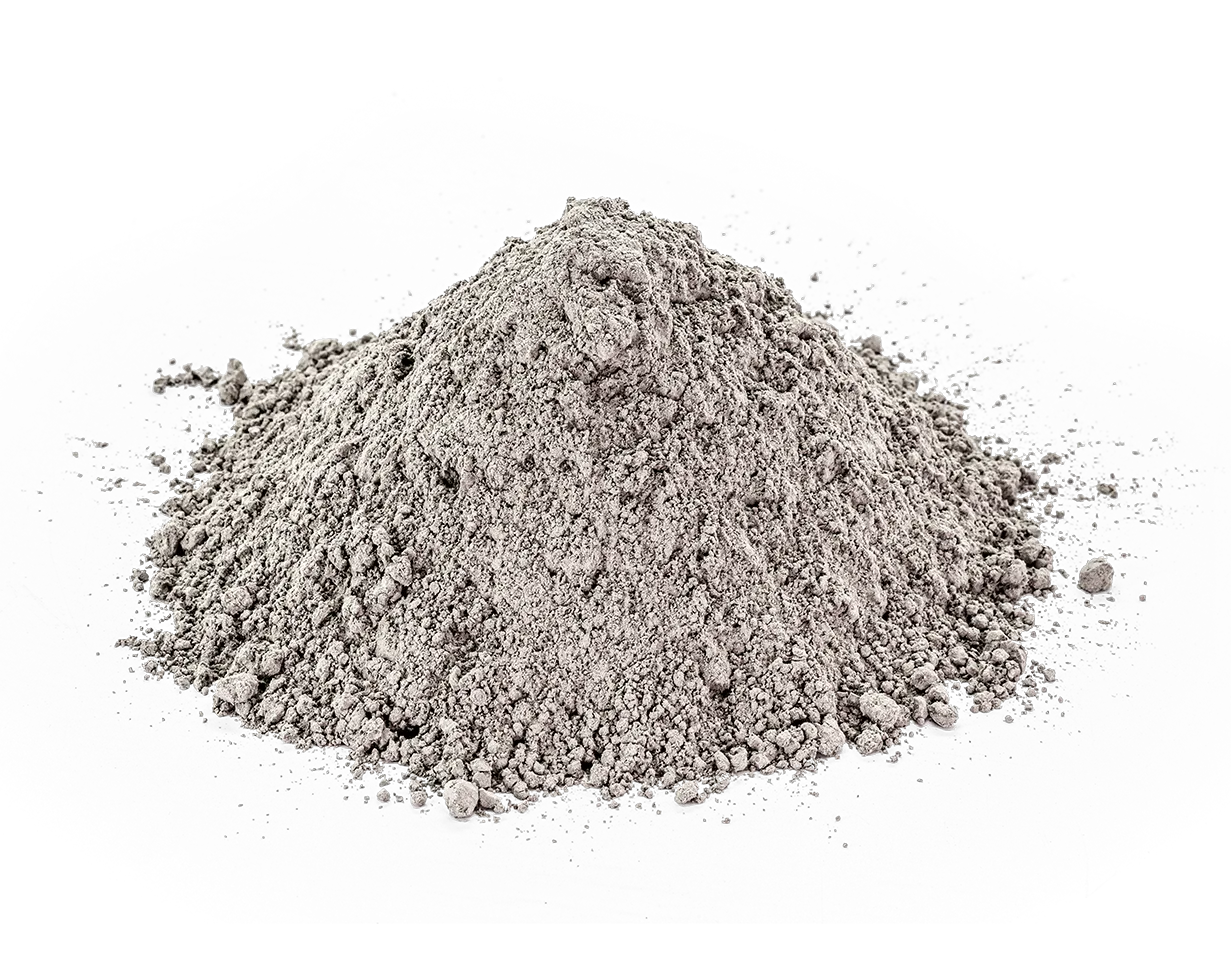
Zinc
Important for epithelialization, acting as a co-factor in numerous transcription factors and enzymatic systems. Fundamental in tissues such as the skin, which undergoes frequent cell renewal. Zinc-dependent matrix metalloproteinases are involved in the migration of keratinocytes and in wound healing.
Dermatological support
for skin and fur
Way of Use
ml per day / Animal Weight.
Available in Gel 50 ml, Oral Suspension


